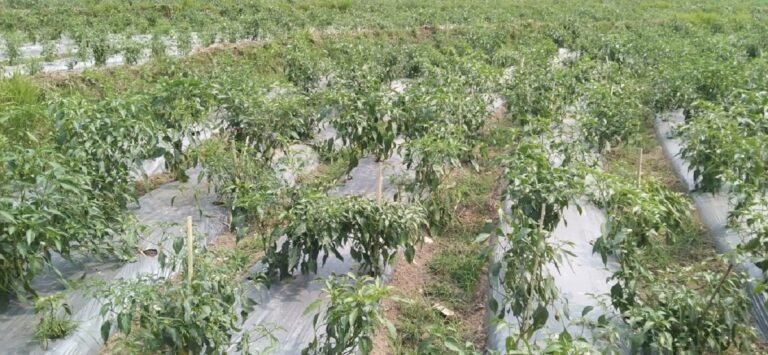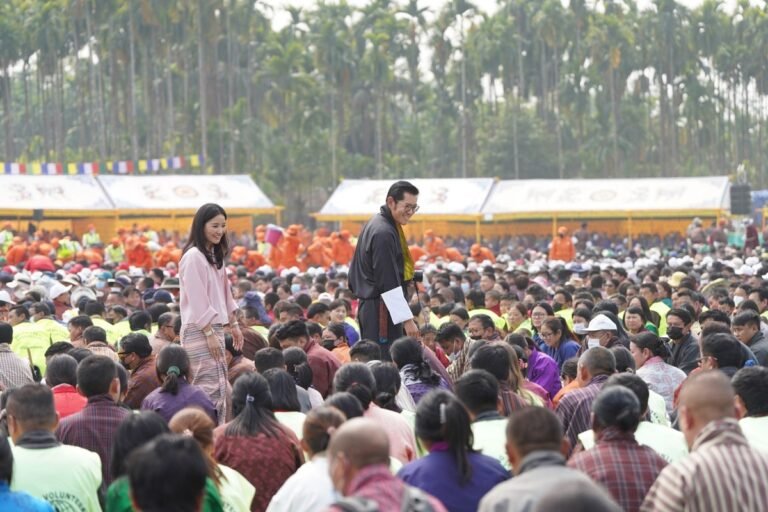
Agency: The Ministry of Agriculture and Livestock (MoAL) is advancing its efforts to address labor shortages in the agriculture sector with a draft Standard Operating Procedure (SOP) aimed at facilitating the employment of seasonal laborers from neighboring countries. This initiative, in collaboration with the Ministry of Home Affairs (MoHA) and the Ministry of Industry, Commerce, and Employment (MoICE), represents a temporary solution to meet the high demand for labor during peak cultivation and harvesting seasons.
The SOP, which is still a work in progress, is the result of consultations among the relevant ministries to ensure the policy aligns with country’s immigration and labor laws.
Speaking about the collaborative approach, the Minister of Agriculture and Livestock, Younten Phuntsho, said, “Import of foreign labor in the agriculture sector is considered to address the immediate pressing issue of labor shortage in the sector. However, in the process of allowing foreign workers in the sector, it is important that such initiatives also comply with the relevant legislations of the country to avoid ramifications in the process. The import of foreign labor covers certain legal aspects pertaining to the immigration and labor laws, rules and regulations.”
“Therefore, the ministry has been actively consulting MoHA on immigration and MoICE on labor laws. We have held two rounds of secretary level meetings and several technical meetings with the two ministries,” the minister added.
The draft SOP was recently presented at a trilateral secretary meeting on 29th October 2024, where it received provisional endorsement. Following feedback from stakeholders, the SOP will soon be submitted to the Cabinet for final approval.
The officials from the MoAL said that initially the draft proposal proposes to pilot the initiative in southern border dzongkhag before rolling out to other dzongkhags on a sandbox model initiative. Those districts that share border with India, having huge farmland but are left fallow including vast stretches of paddy field, will be considered for piloting. Even within the chosen districts, pilot sites will be identified in the close vicinity bordering India where day worker hiring is going to be possible, meaning the workers will have to make exit on the same day of entry from the border gates.
For many Bhutanese farmers, such a seasonal labor initiative promises to bring much-needed relief in terms of cost and availability of labor during the peak cultivation and harvesting seasons.
Domestic labor costs are currently high, averaging around Nu 700 per day, including food provisions. In contrast, foreign seasonal workers would require significantly lower wages, approximately Nu 300-400 per day, which could reduce production costs for farmers by an estimated thirty percent.
With the cost of domestic labor being a challenge, this initiative offers a viable alternative that makes economic sense. The SOP is designed to give farmers the option to hire foreign labor when local resources fall short, helping to balance the needs of the agriculture sector and reduce expenses.



